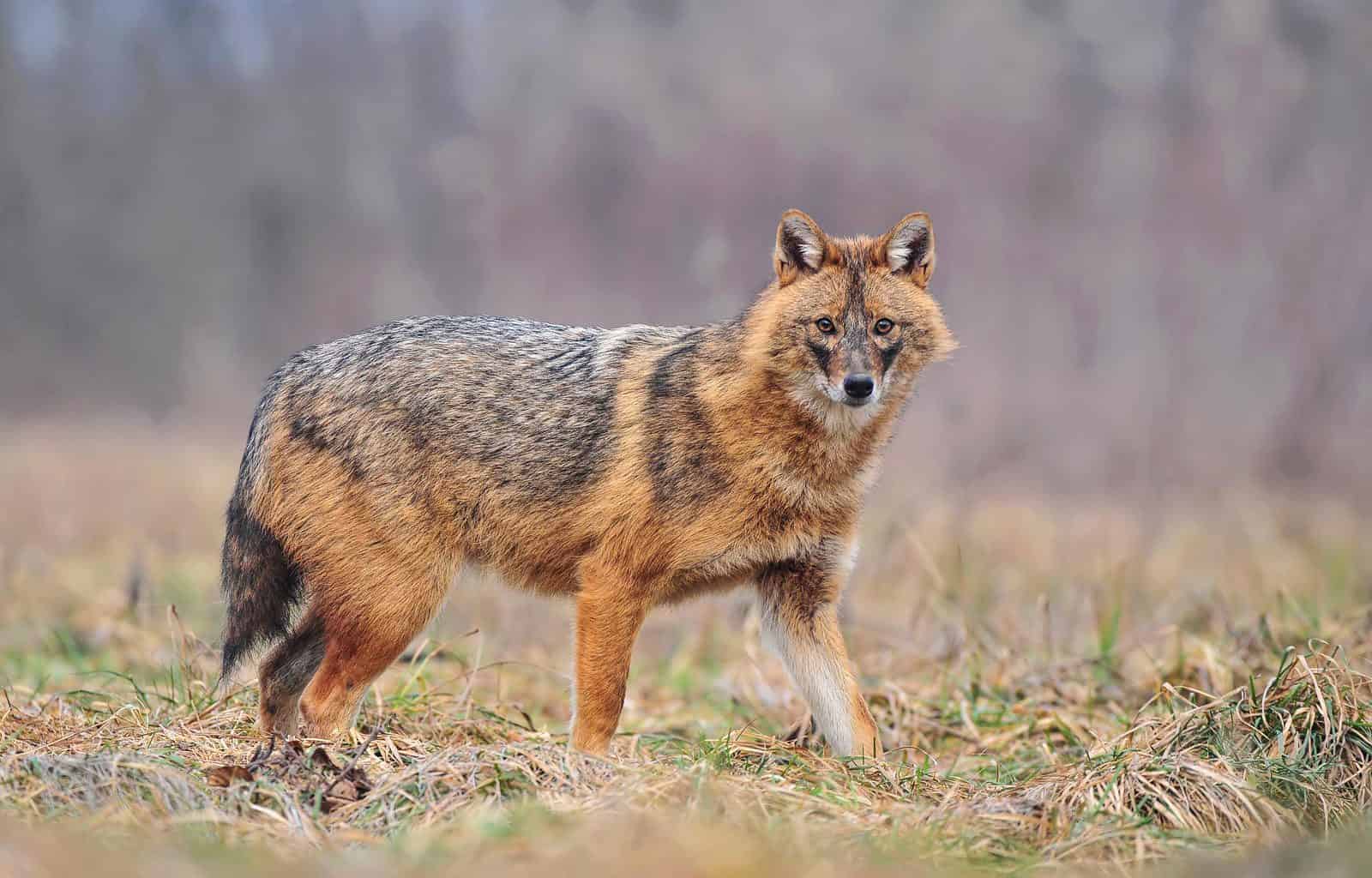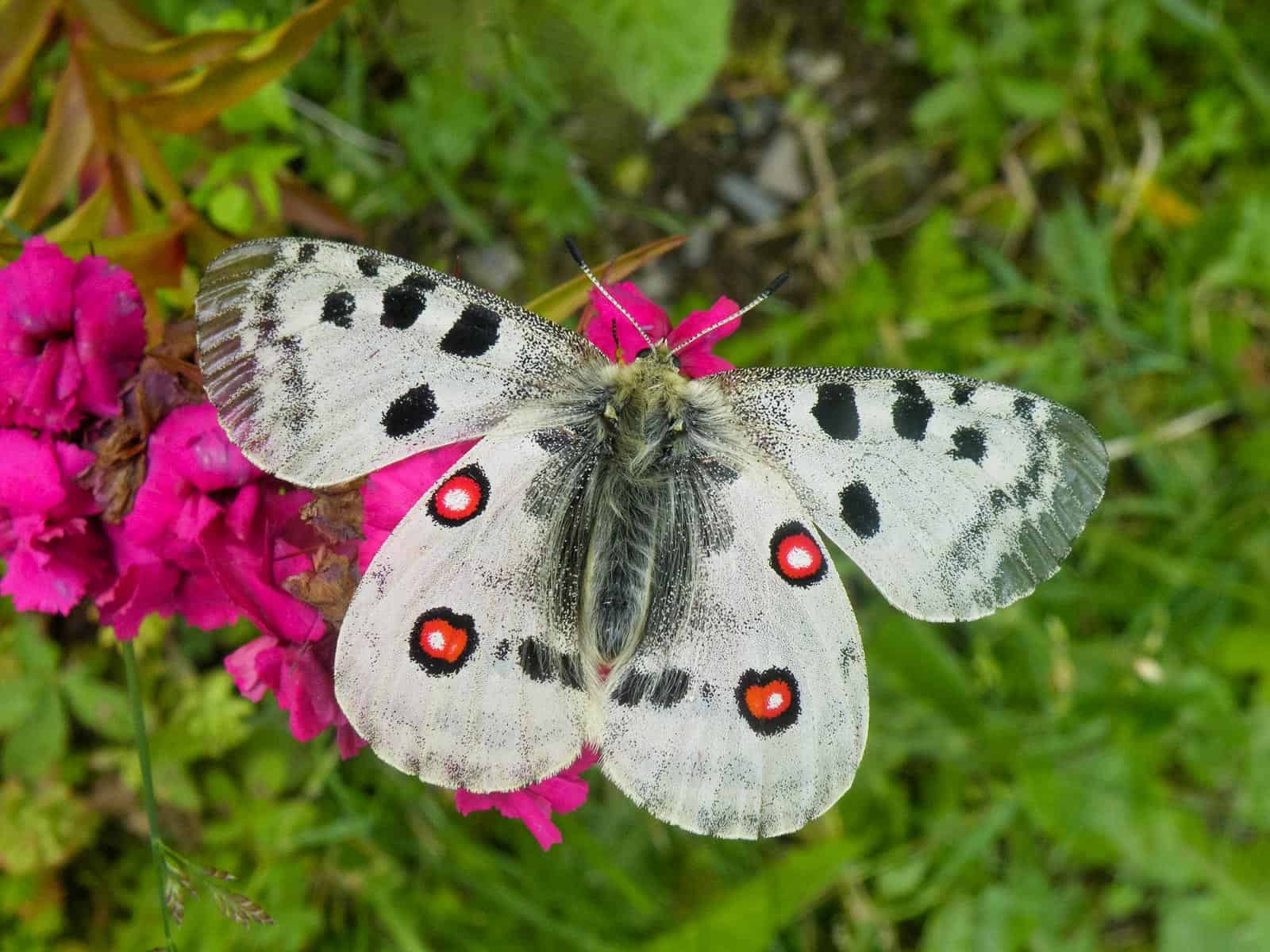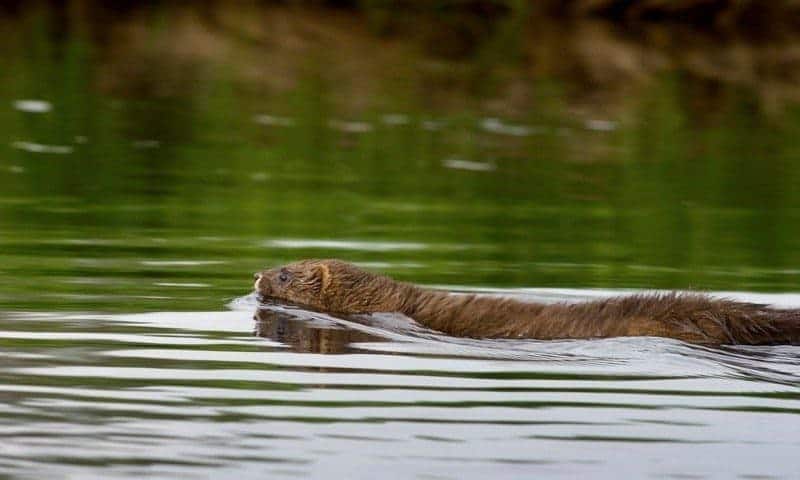Worldwide bird declines – on the way to the second silent spring
According to a new study, bird populations in the US and Canada have declined by 29% since 1970. This accounts for 2.9 billion birds lost, most of which are from 12 common songbird families like sparrow or blackbird. However, these declines are not limited to North America but are in fact occurring throughout the world. In France, for example, birds have declined by one third in just the last 15 years.
Please also read: Birds in alarmingly fast decline at Lake Constance
In North America, the common songbirds, such as warblers, finches and swallows have suffered the most, but the shorebirds also lost about a third of their population. Interestingly, even introduced birds cannot cope with the environment so altered by humans. Therefore, they cannot replace the roles of the declining native birds. However, the populations of some birds have increased after suffering past declines. For example, duck, geese and swan populations have bounced back following the increased protection of wetlands. Similarly, after DDT was banned, the populations of the Bald Eagle increased again.
Reasons for bird declines
The main two reasons for such drastic bird declines are likely the loss of habitat and the use of pesticides. While the pesticides do not harm birds directly, they massively reduce insect numbers on which birds feed. As a consequence, the lack of insect food leads to bird declines.
The intensification of agriculture is harmful to wildlife not just because of increased pesticide use. The removal of hedgerows and trees, the usage of artificial fertilisers and the large fields of monocultures without crop rotation all reduce habitat mosaic found in the countryside, leading to the loss of important habitat for birds, insects and other animals. Monocultures also favour an increase in the number of insect pests. As a consequence, farmers use pesticides, but these also kill insects that provide natural pest control, which is more efficient than artificial pest control.
By protecting Wilderness, birds and insects have a sanctuary where they can live in an environment, unmodified by humans. This may be especially important for specialist birds that may simply find no habitat any more outside Wilderness. However, as even generalist birds are declining, not being able to survive in the low-quality agricultural ecosystems anymore, Wilderness is an equally important refuge for them.









